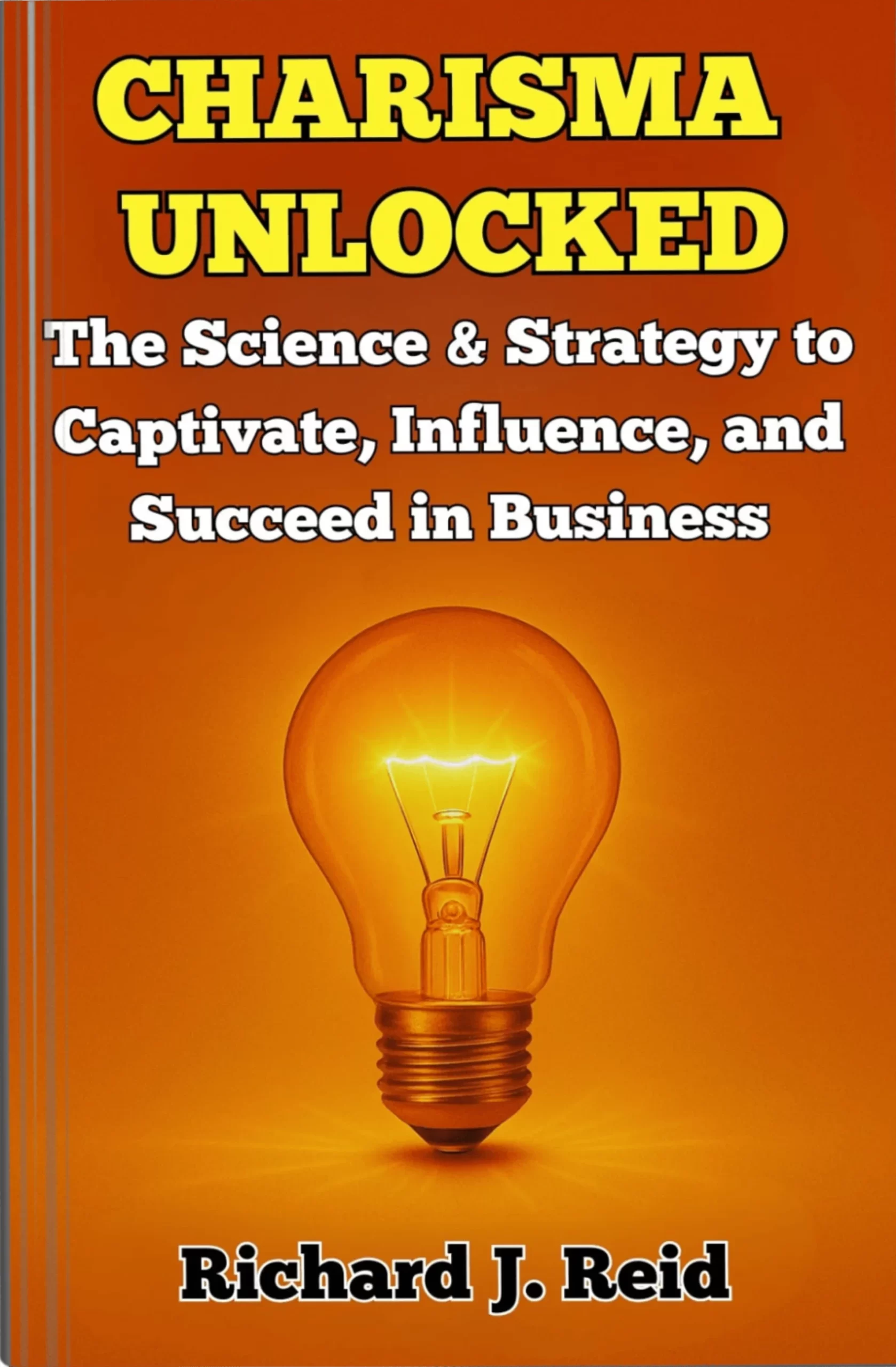I’m willing to bet that every single one of you can name at least one person in your life that you’d love to build a stronger relationship with; someone with whom you’d love to create a deeper connection, if only you knew where to begin.
We tend to over-complicate relationships, assuming that strengthening them requires grand gestures, a tonne of effort, and eons of time. In truth, there’s one thing you can do — right now — that’ll help you forge a stronger connection with everyone you talk to: listen.
Why passive listening isn’t enough
Now, I know that listening doesn’t exactly sound like a ground-breaking new strategy; it’s something we do already, every time we have a conversation. However, there are different levels of listening and most of the time, when listening to others, we skate around the lowest layers. We listen to get the gist of what they’re saying, we listen for facts, and often we listen half-heartedly, waiting for our own turn to add something to the conversation.
While picking up the gist of what someone is saying is important, it barely allows us to scratch the surface of what’s really going on with that person; what we’re missing out on is the entire range of emotions that lie beneath. We’re missing out on the opportunity for deeper connection.
The power of the pause
How do you feel about pauses in a conversation? It’s no surprise that most of us hate them — it’s not for nothing that we label them uncomfortable silences!
However, if you want to take part in deeper, relationship-boosting conversations, there’s a whole lot of power in those pauses.
Often, we rush through our chats with people, diving in too quickly, or making assumptions about where people are heading when they make certain statements. It’s why we so frequently come away from conversations with the feeling that there’s some kind of unspoken difference or gap between us and the person we’ve been talking to.
When we change the way we conduct our conversations, when we make space for pauses, we make space for people to actually reflect on what they’re saying. We allow them to perhaps add further comments, or to qualify what they’ve said. And when we allow them to express themselves fully, what we’re really doing is showing them that we’re ready and willing to meet their needs and that we understand them.
As a therapist, I often see this with my patients. By allowing pauses, I encourage them to dig a little deeper, or to add to their original comments. So not only do I get more understanding of what’s going on for them, but they do too, adding another layer of significance to the conversation for both of us.
Practicing the pause
But it’s not a strategy that needs to be confined to therapeutic settings. In fact, the best thing you can do today to start deepening your relationships with other people is to simply slow your conversations down and allow opportunities for pauses.
Now, after years of rushing conversations in a bid to avoid awkward silences at all costs, this may feel counter-intuitive. But actually, a small pause — just a moment or two longer than you might ordinarily allow — is often enough.
So, the next time you’re chatting with family or friends, see what it’s like to hold back for five or ten seconds before speaking. Feeling more comfortable with the brief silences is one benefit. The other is that you’ll soon find that your conversations take on added significance. Not only do those you talk to have the opportunity to say more and to reflect more, but they feel truly valued and understood and they’ll appreciate you all the more for making them feel that way.
Avoiding conversation hijacking
Adding pauses to your conversations is just one form of active listening that allows for greater understanding of the person you’re talking to. Another way to foster deeper connection is to encourage people to expand on what they’re saying by asking the right types of questions.
During conversations we have a tendency to jump to conclusions or to over-identify with what the other person is saying. So, for example, if I ask somebody about their weekend and they start to talk about something which I feel I can relate to, I might just start to hijack the conversation, jumping in with ‘Oh, I know what you mean, that happened to me once.’
I think we’ve all done this at some point and it’s important to note that it’s rarely done maliciously — in fact, it’s often driven by a desire to connect over a shared experience. But, however well-intended the interruption might be, it stops people from fully expressing what they have to say, and makes the conversation about us instead of the person telling the story.
So how do you acknowledge potential similarities and create that bond of shared experience, without becoming a hijacker?
How about trying this response instead?
“Oh, that happened to me once, what was that like for you?”
By following up with a question, I’m acknowledging that there’s a similarity there, but I’m also passing control of the conversation back to the other person.
Asking the right questions
In fact, the ‘anti-hijacking’ response above is the perfect example of the type of question we should all be adding to our daily conversations with those we want to know better: open-ended questions.
We all know that nothing kills a conversation faster than a simple yes/no response, and you can avoid these by peppering your chats with the right type of questions.
Open-ended questions tend to fall into the where, what, how, who, and when categories. But my absolute favourite open-ended question is the ‘why’ question: ‘why did you do that?’
Of course, tone and context are important here — you don’t want to sound like a head teacher or disapproving parent and you don’t want the person you’re talking with to feel like they’re being judged. We also need to take into account that some people, depending on their own experiences of being challenged, might not feel too comfortable with a blunt ‘why’ question, especially as building deeper conversations with people often begins when we dig into areas in which people may feel more vulnerable.
So it’s often useful, particularly when you don’t know people too well, to find other ways of tackling that question. For example, rather than a straight-out, ‘Why did you do that?’, try:
So what is it about that that appeals to you?
Or:
What is it that took you down that route?
Every day we’re faced with opportunities to turn superficial conversations into more meaningful experiences, so why not try adding some open-ended questions to your usual throw-away exchanges. For example, when you go into the office on a Monday morning, or log on to an online meeting, rather than saying, ‘Did you have a good weekend?’ try, ‘How was your weekend? What did you get up to?’ and start building up more rapport and trust with the people in your life.
The value of connecting with those around you in deeper ways may not be immediately obvious, but building that fabric of trust with people by changing the way you approach listening during conversations will allow you to reap the benefits over the long-term. Not only does it allow you to send a positive wave out into the world, it also means that people come away with a stronger positive sense of you as an individual, meaning they’re more likely to speak favourably about you to others, more likely to give you the benefit of the doubt when arguments arise, and more likely to seek to work with you in a collaborative way in the future.
Give some of these strategies a try this week and see what happens. And feel free to pop back and share your experiences in the comments — I’d love to know how it works for you!




















